Getting to the Root of the Problem
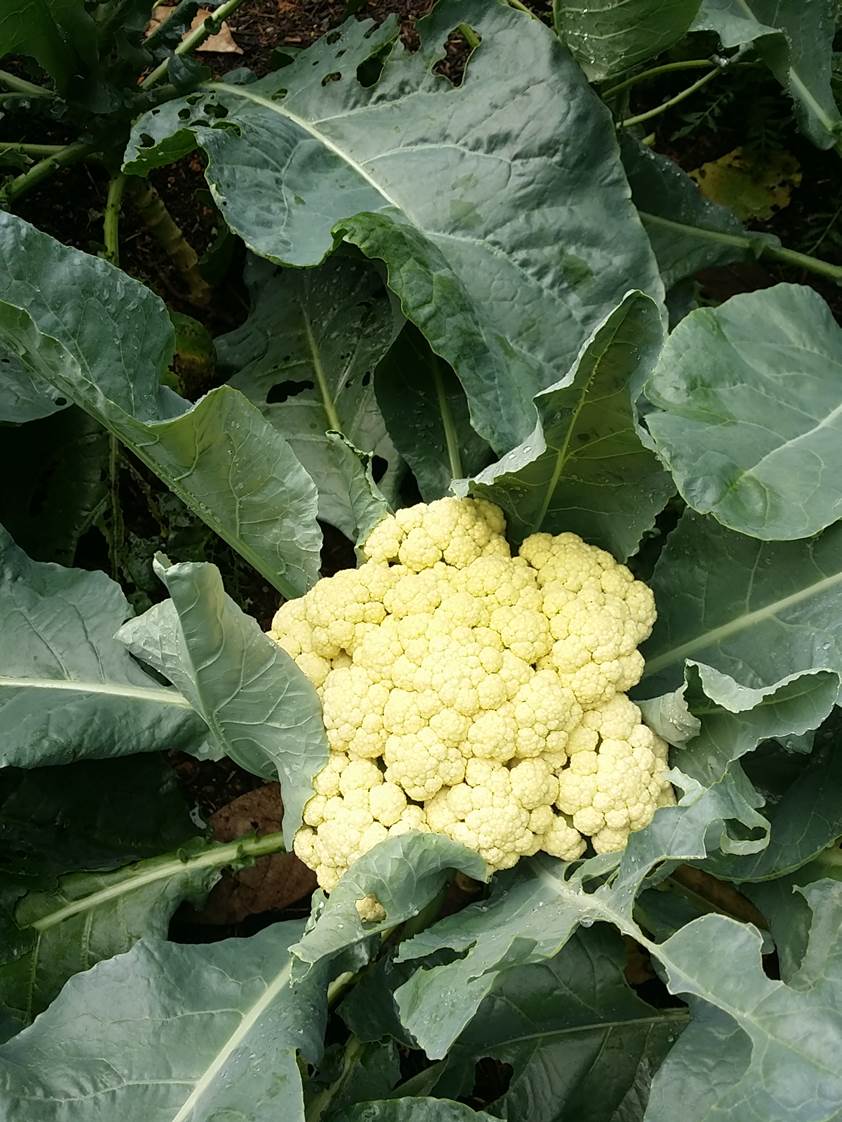
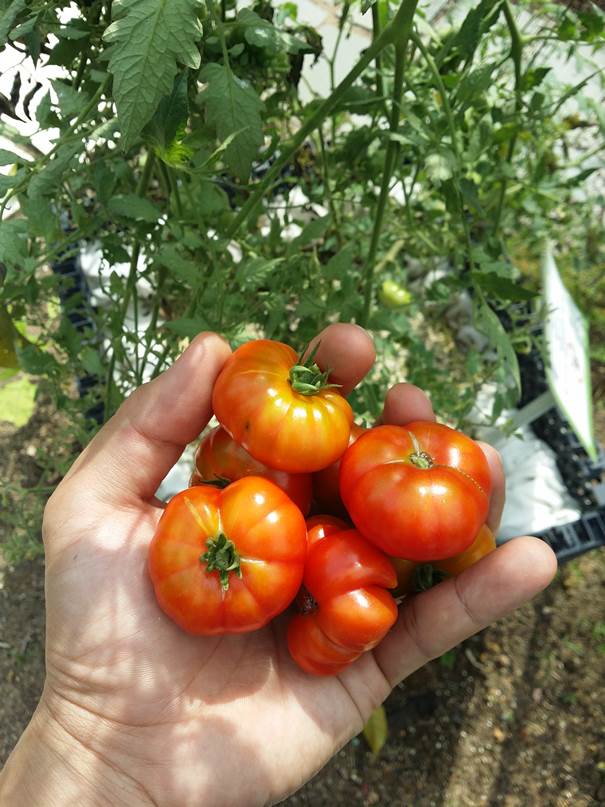
Grow your own edibles like cauliflower or tomatoes!
Ask the average gardener what the biggest challenge is when growing edibles, and it will likely be one of recurring pest issues, plants wilting in the middle of the day, or plants that just refuse to grow or fruit. But while these may be the visible symptoms, the root of the problem tends to be tucked away where we might otherwise forget to look – the soil!
Much like our body, a healthy plant is generally able to outgrow and fend off both pests and disease. But we often neglect the conditions that plants require to establish a thriving root system. Few people are familiar with soil science as a field of study, but considering that up to 70 % of a plant’s mass may be hidden beneath the surface, and that plant roots routinely venture down to 1 m, this is a highly respected science. After all, the edible gardener who masters the soil masters the garden.
To understand what good soil is, we first need to know what plants require underground – water, nutrients, and air. The first two may be a given, but the last one usually comes as a surprise.
Water
Plants, like all living things, require water. It is commonly believed that vegetables should be watered twice a day, but this is a fallacy. Most edible plants thrive on no more than 25 mm of water per week. That is 25 litres, or less than two pails of water, per square metre per week. This applies even to large crops like sweet corn!
This amount of water should be split into no more than two applications over the week, allowing the ground to dry out in between. For potted plants, allow soil to dry out to a 5 cm depth before watering.
Nutrients
We are taught that plants can make their own food, but this is true only to an extent. Plants can only get energy from sunlight, but require no less than 14 additional nutrients to have a ‘complete diet’. Of these 14, nitrogen, phosphorous and potassium (N, P, and K respectively), are most commonly supplemented as fertiliser.
Feed your plants with a good fertiliser, be it organic or synthetic according to the package’s instructions for good growth. This also explains the importance of fertilisers for healthier growth.
Air
Periodic but deep watering allows air into the soil.
Plants transpire through their leaves, but did you know they also need air underground to function?
The processes of root growth and nutrient uptake are energy intensive. Plants, therefore, require oxygen underground to respire. Air exist naturally in the soil, but gets displaced when water fills up the gaps between soil particles. The process of letting the soil dry out allows air to enter the soil, and for roots to take in water and nutrients deeper in the soil profile. Plants that are watered daily always seem to wilt in the afternoons because they have underdeveloped root systems.
A good soil is one that has adequate nutrition and has a good balance between water and air spaces. So the next time you are out in the garden and see something wrong in your edibles, remember to look to the ‘root’ of the problem.
Like what you learnt in this article? Benjamin is a trained horticulturist at HortPark specialising in fruit and vegetable production, so head down to HortPark for new sessions of Benjamin’s talk series on growing the biggest vegetables for the Community Garden Edibles Competition 2016. The talks will be held at 10 am on 14 May and 11 June during HortPark’s monthly Gardeners’ Day Out programme.
Further reading: Soil texture: http://mea.com.au/soil-plants-climate/soil-moisture-monitoring/learning-centre/what-is-soil-texture http://www.ctahr.hawaii.edu/mauisoil/a_factor_ts.aspx Plant nutrition: http://www.ncagr.gov/cyber/kidswrld/plant/nutrient.htm http://www.ext.colostate.edu/mg/Gardennotes/231.html Soil moisture and irrigation: http://cals.arizona.edu/pubs/water/az1220/


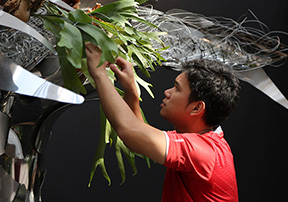
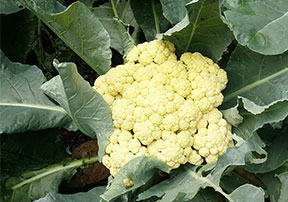
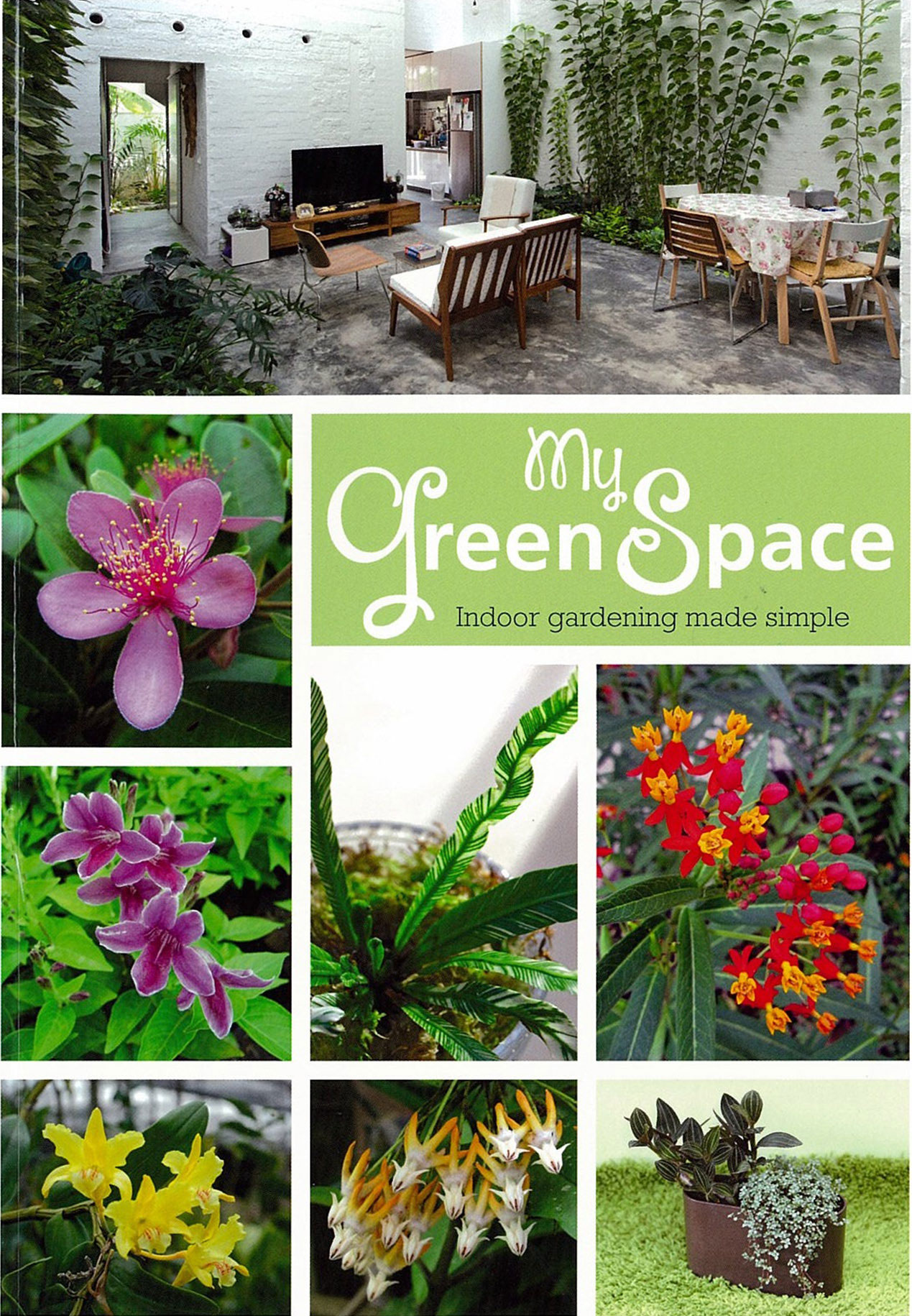
Have views or comments on this article? Let us know via this form. If you would like to give us feedback on any other areas relating to our parks and gardens, please submit via https://www.nparks.gov.sg/feedback